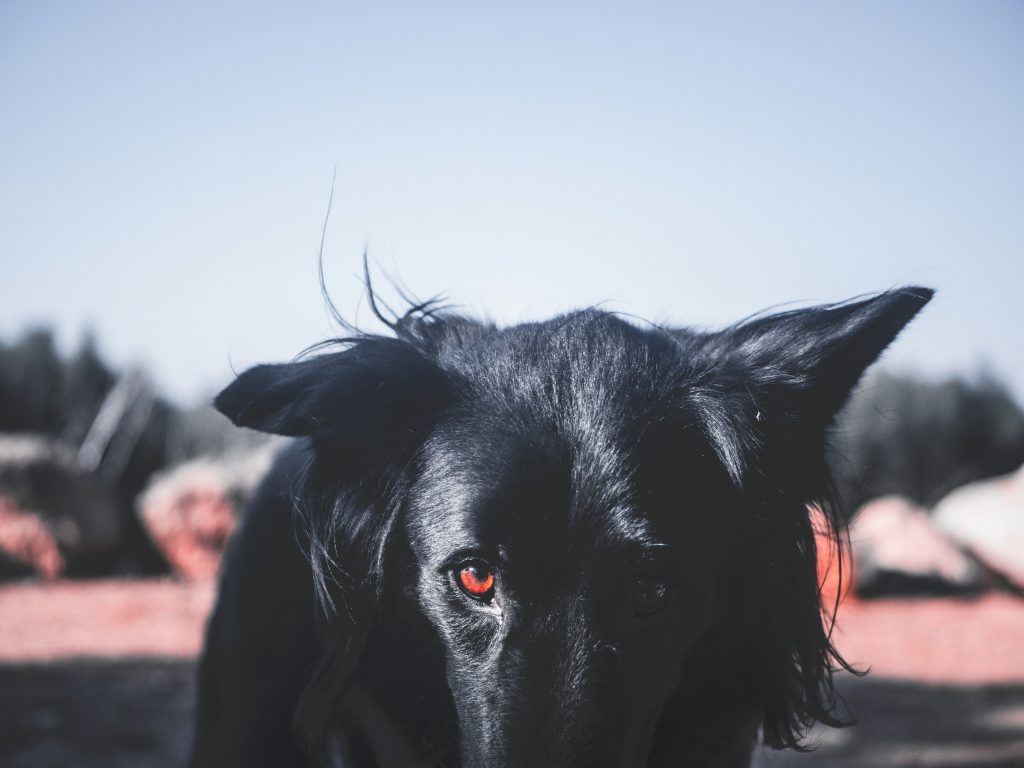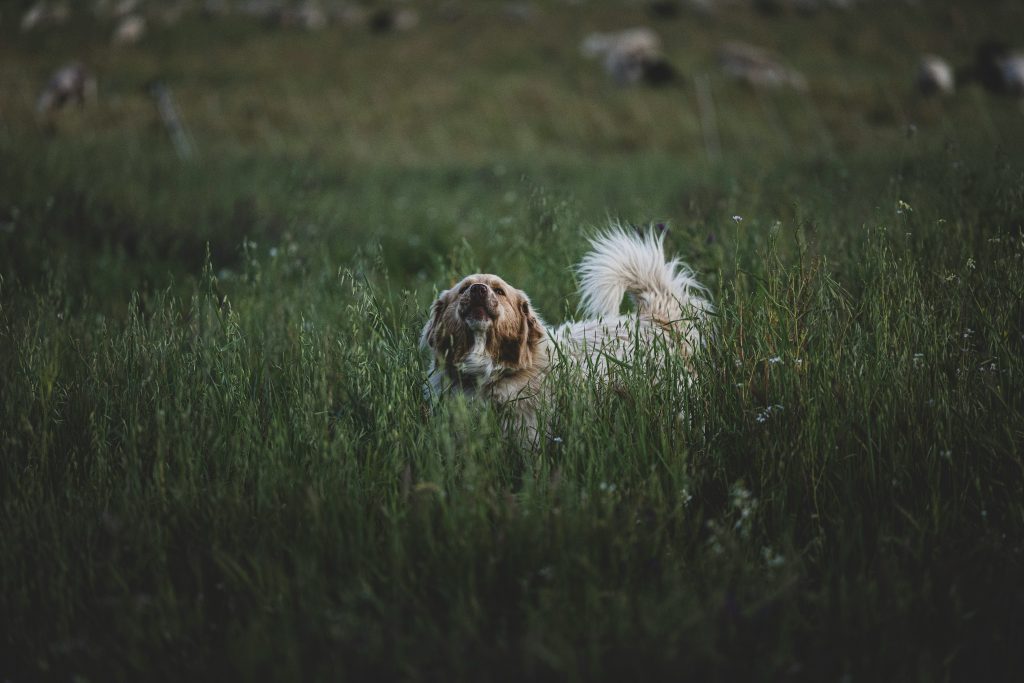Dogs Eat Grass When They’re Sick
Many dog owners panic when they see their pup nibbling on grass, worried it means the dog is sick or trying to throw up. This common behavior often sparks the myth: “Dogs eat grass when they’re sick.”
While it’s true that some dogs vomit after eating grass, the behavior isn’t as simple—or as alarming—as it seems. In fact, grass-eating is considered normal in most dogs, and it doesn’t always mean there’s something wrong.
Let’s explore why dogs really eat grass and when it might be a red flag.
Is Grass-Eating Normal for Dogs?
Yes! Grass-eating is a well-documented, relatively common behavior. In fact, a study by the UC Davis School of Veterinary Medicine found that:
-
79% of dogs have eaten grass
-
Less than 10% showed signs of illness before doing so
-
Only about 25% vomited afterward
So, while vomiting sometimes follows grass consumption, it’s not the primary reason most dogs do it.
Possible Reasons Dogs Eat Grass
1. It Tastes Good
Some dogs simply enjoy the texture or flavor of fresh grass—especially in spring and early summer when it’s young and tender.
2. It’s Instinctive
Dogs are omnivores with scavenging roots. In the wild, they may have consumed plants in the stomachs of prey. Grass-eating may mimic this ancient foraging behavior.
3. They’re Bored or Anxious
Dogs that aren’t mentally or physically stimulated might chew grass as a form of distraction or self-soothing.
4. It’s a Habit
Like tail-chasing or licking, some dogs develop repetitive behaviors—especially if they get attention when they do it.
5. It May Aid Digestion
Some experts believe grass might help clear out hair or other indigestible matter in the gut, though this hasn’t been conclusively proven.
But What About Dogs That Vomit After Eating Grass?
If your dog eats grass rapidly or gulps it down then vomits, they might be:
-
Experiencing mild nausea or digestive discomfort
-
Trying to relieve a gassy or upset stomach
-
Engaging in behavior that coincidentally leads to vomiting (e.g., eating too much, too fast)
Occasional vomiting after grass isn’t necessarily a concern. However, frequent vomiting, diarrhea, or lethargy are signs that something else may be going on and warrant a vet visit.
When to Be Concerned
Contact your vet if:
-
Grass-eating is constant or obsessive
-
Your dog vomits frequently (with or without grass)
-
They show signs of pain, bloating, or lethargy
-
You suspect they may have eaten treated lawn chemicals
Should You Let Your Dog Eat Grass?
If your dog:
-
Is otherwise healthy
-
Only eats grass occasionally
-
Doesn’t show signs of illness afterward
…then it’s generally safe.
But be cautious of where they graze—lawns treated with fertilizers, pesticides, or herbicides can be dangerous. Stick to clean, chemical-free areas, and supervise when possible.
How to Curb Excessive Grass-Eating
If the behavior seems obsessive or disruptive:
-
Increase physical activity and playtime
-
Introduce puzzle toys or training games
-
Feed a balanced diet with fiber
-
Provide safe chew alternatives
Redirect attention with a “leave it” command and reward when they respond.
Conclusion
The myth that dogs eat grass only when they’re sick oversimplifies a behavior that’s usually normal and harmless. Dogs might eat grass for taste, boredom, or instinct—and occasional vomiting doesn’t always mean illness.
Understanding your dog’s grass-eating habits can help you distinguish between what’s typical and what might require a vet visit. But in most cases, a little lawn snack is no reason to worry.



